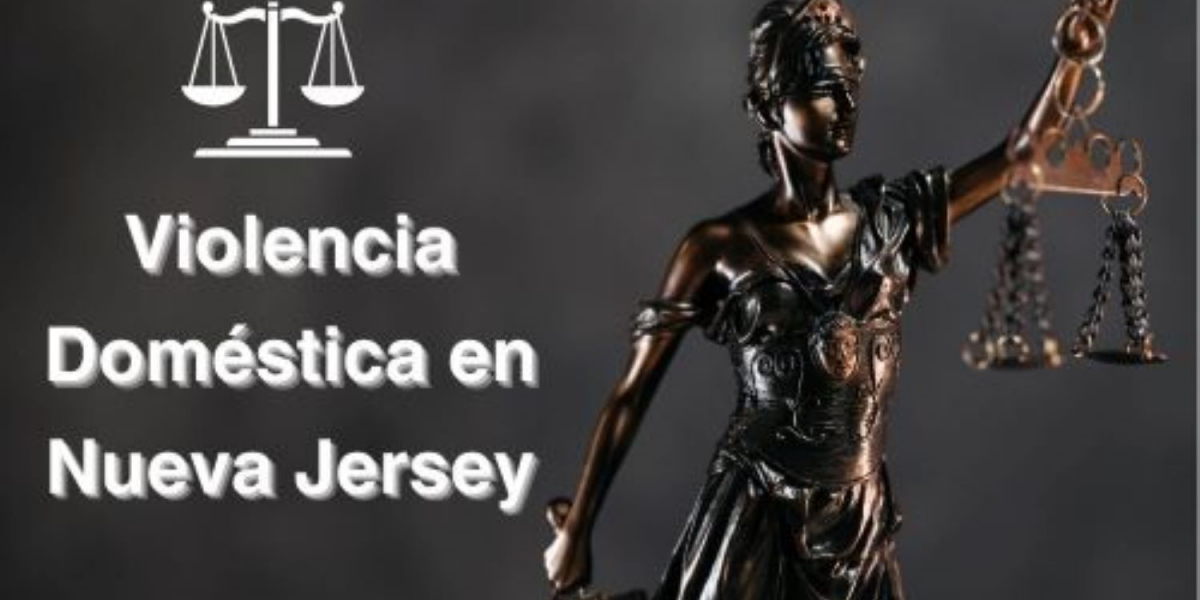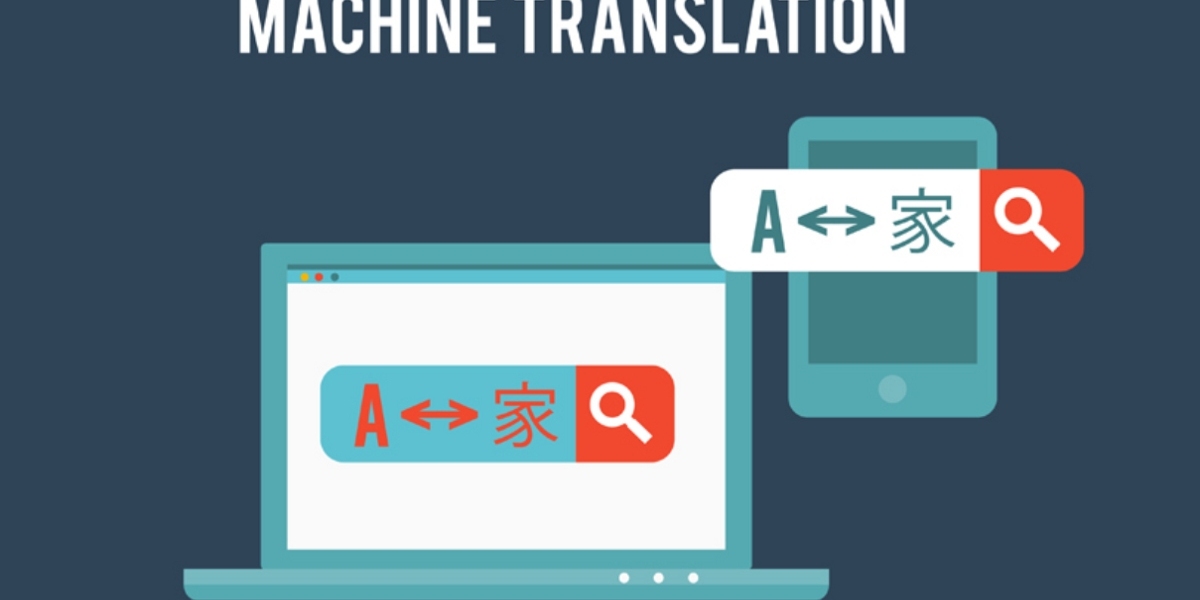Violencia Doméstica en Nueva Jersey is a pervasive issue that affects millions of individuals, regardless of age, gender, or socioeconomic background. In New Jersey, like the rest of the country, many people misunderstand various aspects of domestic violence. These misconceptions can hinder victims from seeking help and complicate efforts to address and prevent abuse. In this article, we will address five common myths about domestic violence in New Jersey and set the record straight.
1. Domestic Violence is Always Physical Abuse
One of the most common misconceptions about domestic violence is that it always involves physical abuse. While physical violence is a significant aspect of many abusive relationships, domestic violence can take many forms beyond just physical harm. Emotional abuse, psychological manipulation, economic control, and sexual abuse are also forms of domestic violence.
In New Jersey, the legal definition of domestic violence includes not only physical assault but also actions like harassment, stalking, false imprisonment, and threats of violence. Emotional abuse—such as belittling, isolating, or controlling a partner—is just as damaging and should never be dismissed. Many victims of domestic violence endure these forms of abuse for years, often without visible scars, which makes it all the more difficult to recognize and address.
Understanding that domestic violence can be non-physical is crucial in providing a more comprehensive response to the issue, ensuring that victims of all forms of abuse are supported.
2. Only Women Are Victims of Domestic Violence
Another dangerous myth about domestic violence is that only women can be victims. While it’s true that women are disproportionately affected by domestic violence, men can also be victims of abuse. According to the National Coalition Against Domestic Violence (NCADV), approximately 1 in 7 men have experienced severe physical violence by an intimate partner.
In New Jersey, the legal framework for domestic violence does not discriminate based on gender. Both men and women have access to legal protections, such as restraining orders, and can seek help through domestic violence shelters, hotlines, and counseling services. However, societal stigmas often discourage men from coming forward about their experiences, which can lead to underreporting and a lack of resources for male victims.
Understanding that domestic violence affects individuals of all genders is vital in creating an inclusive and effective support system for all victims.
3. Victims of Domestic Violence Will Leave the Abuser Eventually
One of the most frustrating misconceptions about domestic violence is the belief that victims should simply leave their abuser. People often wonder why someone doesn’t just walk away from an abusive relationship. The reality is far more complicated.
Leaving an abusive partner is a process that involves emotional, financial, and physical hurdles. Many victims feel trapped due to fear of further harm, financial dependency, or concern for their children. Additionally, abusive partners often isolate their victims from family and friends, making it even harder to leave. In New Jersey, the law provides for restraining orders and legal support to help victims escape safely, but the decision to leave is rarely easy or immediate.
Furthermore, leaving an abuser can trigger retaliation, which can increase the danger to the victim. That’s why it’s important to offer support and understanding to individuals in abusive relationships rather than simply telling them to leave.
4. Domestic Violence Only Happens in Low-Income Families
Another widespread myth is that domestic violence is only an issue in low-income or disadvantaged families. This stereotype overlooks the fact that domestic violence can occur in any household, regardless of socioeconomic status.
In New Jersey, statistics show that domestic violence affects individuals from all walks of life—whether they are wealthy or struggling financially. High-income families are not immune to the dynamics of abuse. Domestic violence often involves power and control, which can manifest regardless of income level. The societal stigma around abuse can be especially pronounced in more affluent communities, where maintaining a facade of a perfect family life is often prioritized.
It’s important to acknowledge that domestic violence can happen in any community and that everyone, regardless of their financial background, should have access to resources and support.
5. Restraining Orders Will Immediately End the Danger
While restraining orders are a powerful tool in protecting victims of domestic violence, they do not guarantee immediate safety. A common misconception is that obtaining a restraining order automatically stops the abuser from harassing or threatening the victim. However, restraining orders are legal tools that require enforcement and sometimes take time to effectively safeguard the victim.
In New Jersey, a restraining order can prevent an abuser from contacting the victim, but it’s still essential to have a safety plan in place. Abusers may violate these orders, and the victim may need additional support, such as law enforcement involvement, counseling, or relocation. Victims are encouraged to create a comprehensive safety plan, which can include changing phone numbers, securing new housing, and increasing security at home.
Conclusion
Violencia Doméstica en Nueva Jersey is a complex and multifaceted issue that requires a nuanced understanding. By dispelling common myths about domestic violence, we can better support victims and create a more effective response to this public health crisis. Domestic violence is not just physical, it affects people of all genders and backgrounds, and it is not something that can simply be "fixed" by leaving. It’s important to recognize that every victim’s journey is unique, and they need a combination of legal, emotional, and financial support to navigate their path to safety and healing.









